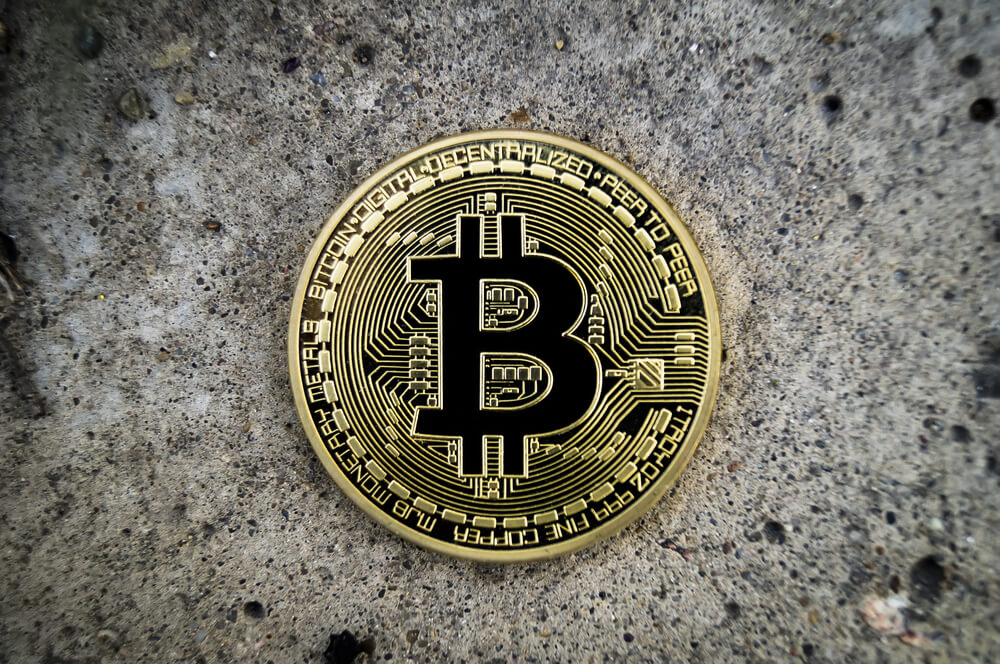Bitcoin in India: Ban Unlikely, Regulation Possible, Govt. Report in July

An intergovernmental committee to study a regulatory and legislative framework for the future of digital currencies like bitcoin in India will submit its findings in a report by the end of July.
Back in March, India’s Ministry of Finance announced the formation of an intergovernmental committee to propose a framework for virtual currencies in India.
The committee included participants from India’s central bank, the Reserve Bank of India and India’s largest bank, the State Bank of India, underlining their influence in charting the outcome of talks toward legalizing digital currencies in the country.
The virtual currency committee’s tasks were specifically laid out as:
- Taking stock of the present status of Virtual Currencies both in India and globally;
- Examining the existing global regulatory and legal structures governing Virtual Currencies
- Suggest measures for dealing with such Virtual Currencies including issues relating to consumer protection, money laundering, etc; and
- Examine any other matter related to Virtual Currencies which may be relevant.
In about a month’s time, the Indian government will reveal findings of its months-long study into virtual currencies after discussions within government ministries and the Indian bitcoin industry, as well as listening to the Indian public’s comments on the future of digital currencies in the country.
In conversation with CCN.com, Sathivk Vishwanath, CEO of India’s best-funded bitcoin exchange Unocoin, underlined the Indian government’s “encouraging” shift in tact with its acknowledgement of digital currencies. As recently as February, India’s central bank published a notice warning the public to be wary of digital currencies, reminding them that investments or association with any companies in the industry would be done at their own risk. The remarkable growth in awareness and adoption of cryptocurrencies ever since has pushed the government into looking into the digital currency ecosystem.
For the first time, the government began engaging in discussions with India’s young but growing digital currency industry.
Unocoin CEO Vishwanath told CCN.com:
The government committee reached out to Unocoin and they’ve heard our views. They’ve also asked the public’s opinion, of which 80% of comments have been supportive of cryptocurrencies while 10% remain neutral.
Furthermore, a report in Indian publication MoneyControl cites a government official as stating that while the likelihood of legalizing bitcoin is ‘very bleak’, banning bitcoin would prove entirely difficult, ‘simply because one doesn’t know who is trading or operating it’.
Vishwanath added:
There is no point in banning cryptocurrencies. For now, the government isn’t planning on legalizing or regulating it.
Vishwanath confirmed the committee’s “encouraging” approach in reaching out to the exchange. He also revealed that the committee has paid attention to notable developments in Japan and Russia. In April, Japanese legislation recognized bitcoin and digital currencies as a recognized legal method of payment. Russian authorities, after repeated attempts to ban and even criminalize bitcoin adopters, have now publicly started to acknowledge the possibility of recognizing and regulating bitcoin in the country.
MoneyControl cited an unnamed ‘senior government official’ from the committee as stating:
We have had five meetings and have consulted all ministries, public, stakeholders (bitcoin exchanges). We will submit the report by July-end.
While the introduction of regulation isn’t a certainty, he government keep tabs on digital currencies activity at exchanges, the report adds, a notion confirmed by Vishwanath.
“SEBI (Securities and Exchange Board of India) can be asked to regulate virtual currencies as transactions are currently done through unregulated exchanges. RBI may step in if the government plans to regulate them or accept them as currency,” the official added.
Featured image from Shutterstock.